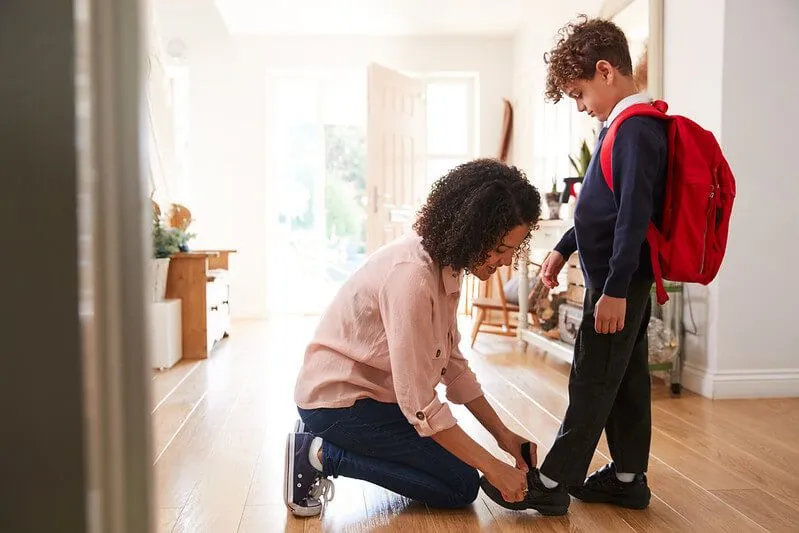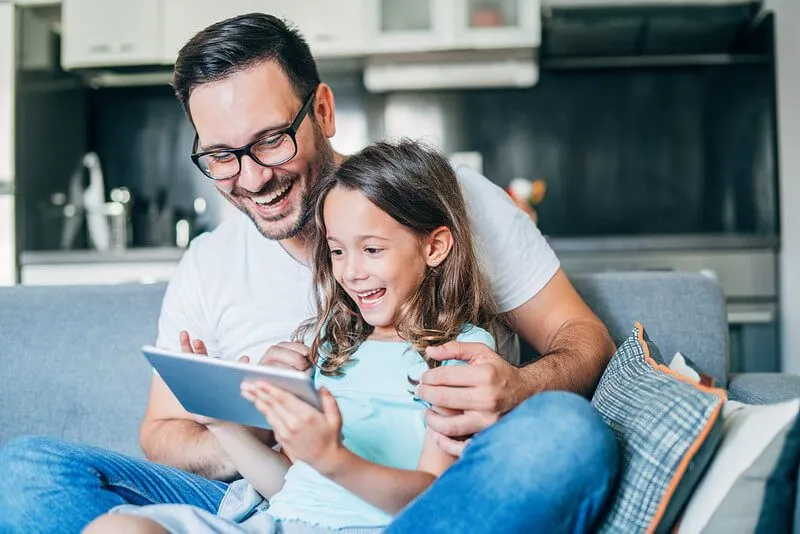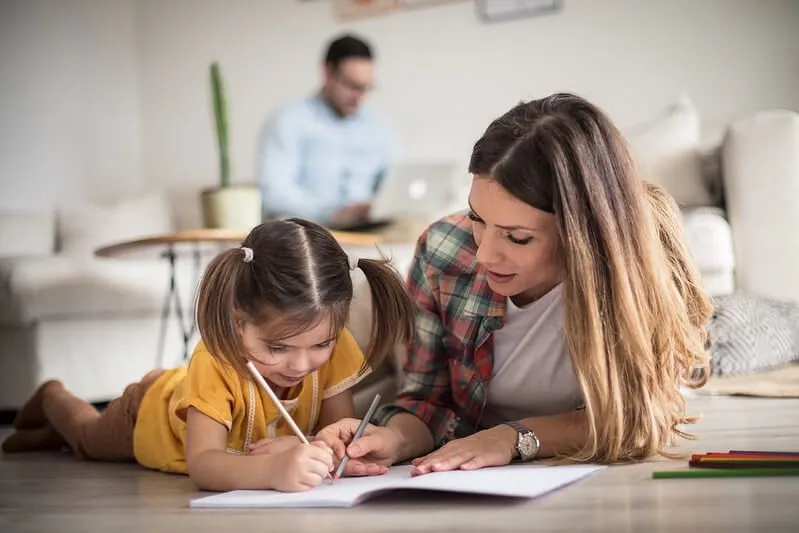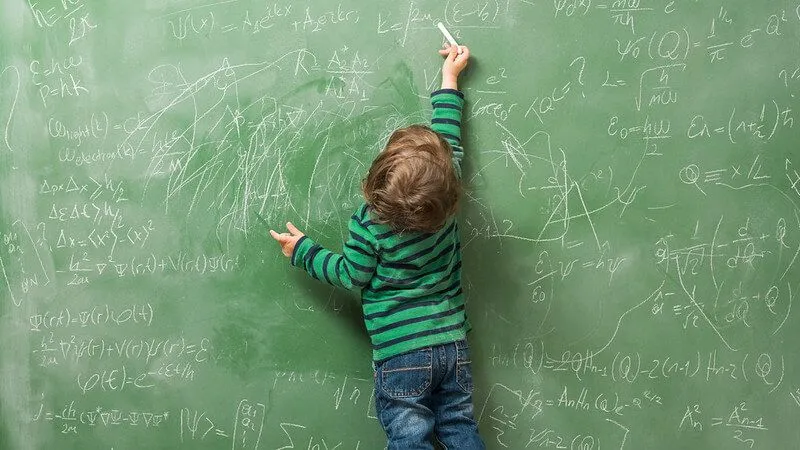FOR ALL AGES
Schools are slowly beginning to creep back to normality.
Whether your child has started back or is returning to school in September, there are a number of ways to help young children to cope with this current situation. One particularly useful resource is 'social stories'.
Social stories are mostly used to help children with Special Educational Needs - particularly those with autism - to navigate the world around them. These stories are a brilliant parenting tool for primary school kids, and they can be easily adapted to address the concerns of the children who are living through the uncertainty of lockdown, isolation and self-distancing. Social stories are used to teach children the relevant skills, techniques and coping mechanisms that they can use in difficult or confusing everyday situations, with the aim of preventing worry and anxiety.

Little Puddins has created a wonderful social story all about the Coronavirus, which is a brilliant resource for parents to use during these strange and uncertain times. Within the story, children learn the basics about Coronavirus and what they are supposed to do in response - and there is also a countdown until school re-opens, which can be filled in as soon as this information has been announced.
ELSA Support has written a lovely social story for children who are feeling nervous about going outside, or who are scared to be near others. 'Social Contact by ELSA-Support' focuses on the importance of being outside, enjoying the sunshine and the great outdoors - whilst also explaining and enforcing the 2-meter social distance rule. A brilliant resource for kids who are returning to school but feeling wary of being near other people or leaving the house.
And Next Comes L has a great collection of 'back to school' social stories, which will be useful for returning to school after this period of isolation - as well as the post-summer holiday period. These free social stories help children to understand that their time at home has come to an end and that school has started again; use social stories to get kids excited about going back to school, as well as reinforcing the expectations and rules of their teachers and the school. Search the collection of free social stories to find one that most applies to your child - there are several general back to school stories, as well as more specific stories for kids who are nervous about arriving at school, children who are joining a new school, or for kids that need more support around specific lessons - like art class, P.E. or music. After reading through a few of these examples, you might even like to make your own social story, particularly if your child has a specific worry or anxiety that isn't addressed in this collection of stories.
Little Mama Jama also has a great social story to get kids enthusiastic about returning to school. This short story reminds children why school is fun, and you can use your own pictures to personalise the story - simply add photos of your child and their school, classroom, teacher and friends - to familiarise them before they head back to school.

There are lots of social stories on YouTube - including this one from Michelle DeVito, which explains why kids have been at home and how they might feel about going back to school. Search the huge catalogue on YouTube for stories that best suit your children's needs and worries. The Wonder Grove Kids channel is a good place to start, with videos about keeping your hands to yourself, as well as many others.
The ICAST (Iroquios County Autism Support Team) website also has a library of social stories that are free to download. The 'Back to School' story can be quickly and easily adapted to include your child's school, teachers and friends - and if your child enjoys social stories, there are plenty more that relate to other common situations. Although these have been designed to help children with autism, there are many situations that young children find tricky, and so the stories on how to keep your hands clean, how to work independently, playground safety and what to do when you're feeling angry can be very useful resources.
Other online libraries of social stories include Positively Autism and ABA Educational Resources.

If you would like to create your own social story from scratch - a personalised educational tool for you and your child - then make sure to follow the seven rules of social story-telling. And remember: a social story is written in the present tense and in the first person - so always write the story from the child's point of view.
A descriptive sentence that emphasises the 'who, what, where and why' of the particular situation. This should be made very explicit, so that children can recall the story when they find themselves in a real-life situation.
A directive sentence that focuses on giving clear instructions as to how the child should react in this situation.
A perspective sentence that describes one of the possible responses or feelings in this situation.
An affirmative sentence that states the laws and/or rules around this situation.
A cooperative sentence that describes the help or assistance that a child might receive or ask for in this situation.
A control sentence that describes the actions and/or responses that your child finds useful or calming.
A partial sentence that encourages your child to offer their opinion on what they should do next, when they find themselves in this situation, e.g. "I will feel ______ when ____"

There is lots of great advice - and some excellent online resources - if you want to try writing your own social stories. And Next Comes L has a free template that parents can use to make their own social story.
The National Autistic Society also has some great advice and tips for writing your own social story - which may prove useful during the back to school period, and beyond.
Read The Disclaimer
At Kidadl we pride ourselves on offering families original ideas to make the most of time spent together at home or out and about, wherever you are in the world. We strive to recommend the very best things that are suggested by our community and are things we would do ourselves - our aim is to be the trusted friend to parents.
We try our very best, but cannot guarantee perfection. We will always aim to give you accurate information at the date of publication - however, information does change, so it’s important you do your own research, double-check and make the decision that is right for your family.
Kidadl provides inspiration to entertain and educate your children. We recognise that not all activities and ideas are appropriate and suitable for all children and families or in all circumstances. Our recommended activities are based on age but these are a guide. We recommend that these ideas are used as inspiration, that ideas are undertaken with appropriate adult supervision, and that each adult uses their own discretion and knowledge of their children to consider the safety and suitability.
Kidadl cannot accept liability for the execution of these ideas, and parental supervision is advised at all times, as safety is paramount. Anyone using the information provided by Kidadl does so at their own risk and we can not accept liability if things go wrong.
Kidadl is independent and to make our service free to you the reader we are supported by advertising.
We hope you love our recommendations for products and services! What we suggest is selected independently by the Kidadl team. If you purchase using the buy now button we may earn a small commission. This does not influence our choices. Please note: prices are correct and items are available at the time the article was published.
Kidadl has a number of affiliate partners that we work with including Amazon. Please note that Kidadl is a participant in the Amazon Services LLC Associates Program, an affiliate advertising program designed to provide a means for sites to earn advertising fees by advertising and linking to amazon.
We also link to other websites, but are not responsible for their content.
Was this article helpful?



We’ll send you tons of inspiration to help you find a hidden gem in your local area or plan a big day out.



Check your inbox for your latest news from us. You have subscribed to:
Remember that you can always manage your preferences or unsubscribe through the link at the foot of each newsletter.